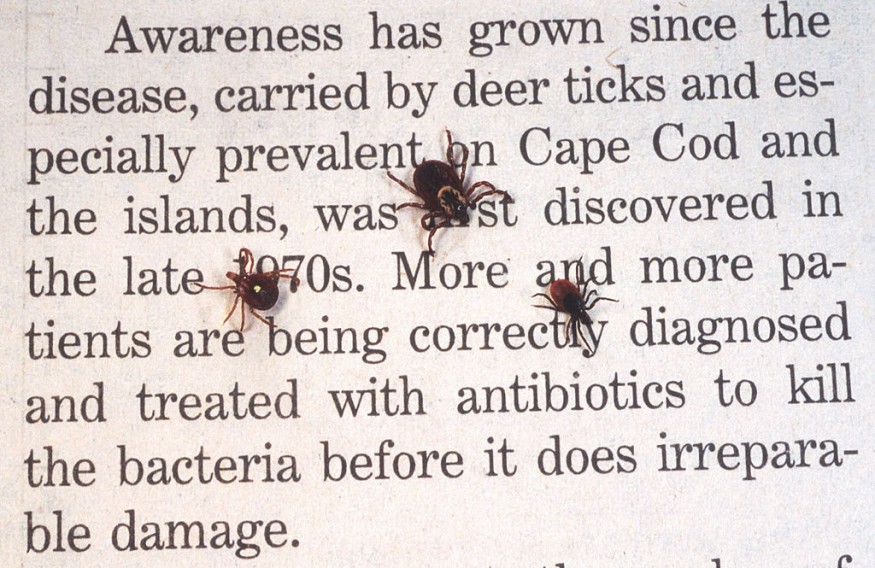
As per medical experts, an individual in Maine perished as a result of an illness with an uncommon tick-borne disease.
The Rare Tick-Borne Virus
The Maine Center for Disease Control and Prevention revealed on Wednesday, 20th of April that a citizen of Waldo District, in south-central Maine, reportedly perished from Powassan infection.
In a statement issued by CDC, the infection is transmitted by the contact of an infectious deer fly also known to the term of Ixodes scapularis, groundhog bug, and even squirrel bite.
The Centers for Disease Control and Prevention (CDC) is an acronym for the Centers for Disease Control (CDC). Moving forward, the Powassan infection as claimed by experts and researchers alike from Maine CDC is uncommon in the United States, with just approximately 25 occurrences documented yearly since 2015.
In which earlier to year 2015, the illness was exceedingly rarer, with just approximately ten instances per year throughout 2011 and 2014, as per CDC records. Throughout the year 2010, Maine has documented 14 incidents in combined amount and the CDC claimed that the incidents typically emerge in the northeastern as well as Great Lakes areas of the United States from delayed springtime to mid-fall.
In an interview with Nirav D. Shah, administrator of the Maine CDC, she told the reporters that the ticks are aggressive and hunting for a subject to bite straight today, and she advised the general public too, especially the Maine residents and tourists to exercise caution against tick infections.
The Powassan infection infects numerous individuals without causing signs, however for those who do, the sickness can be deadly, according with CDC. Nausea, migraine, diarrhea, and fatigue are common early complaints.
Powassan pathogen could really cause infections of the nervous system (encephalitis) or the membrane proteins protecting the cortex as well as lumbar spine in certain persons (meningitis).
Disorientation, lack of concentration, trouble communicating, even convulsions are among indications of these extremely fatal disorders. Furthermore, The Centers for Disease Control and Prevention also noted that around 10% of patients with serious illness perish as a result of the condition.
Also read : Do Your Cats Intentionally Wake You Up in the Wee Hours After Midnight? Here's How to Avoid That
Resident in Maine Dies After Encounter with Tick-Borne Virus
According to the announcement, the person in Maine experienced neurologic symptoms and perished whilst in the health center.
The infection has no particular therapy. Individuals with serious illness typically ought to be admitted and get intensive treatment, such as respiratory assistance, nourishment, and anti-inflammatory medications to minimize organ damage. The easiest strategy to avoid Powassan pathogens is to avoid tick encounters.
The Maine CDC recommends eliminating forested and overgrown places with thick brush (tick habitats) as well as keeping on the centerline of paths only when feasible, applying mosquito repellent and spraying clothes with the insecticide permethrin, including completing tick assessments, particularly following encountering tick hotspots.
The current surge in Powassan disease infections in the United States is most certainly linked to the spread of deer ticks (also called black-legged ticks).
Soaring heat and pressures, as well as a spike in deer and mouse counts, have all added to the tick citizenry's growth, as initially disclosed by Live Science.
Related article : 2 California Mountain Lion Kittens Died from Rat Poison
© 2025 NatureWorldNews.com All rights reserved. Do not reproduce without permission.





